Professor Ma Changshan Gave a Lecture on the Generative Logic of Digital Rule of Law
time:2021-01-26November 6, 2020, invited by Law and Technology Institute, Jurisprudence Teaching and Research Section of Renmin University of China, Ma Changshan, Dean of the Institute of Digital Rule of Law of East China University of Political Science and Law, Editor-in-Chief of Journal of East China University of Political Science and Law, Professor, Doctoral Supervisor, and Vice President of Jurisprudence Research Society of China Law Society, carried out academic exchanges with teachers and students of our college, and gave a wonderful lecture titled "The Generative Logic of Digital Rule of Law" in the conference room 725 of Mingde Law Building, Renmin University of China. The lecture adopted the combination of online and offline, and attracted more than 200 listeners to participate in this activity.
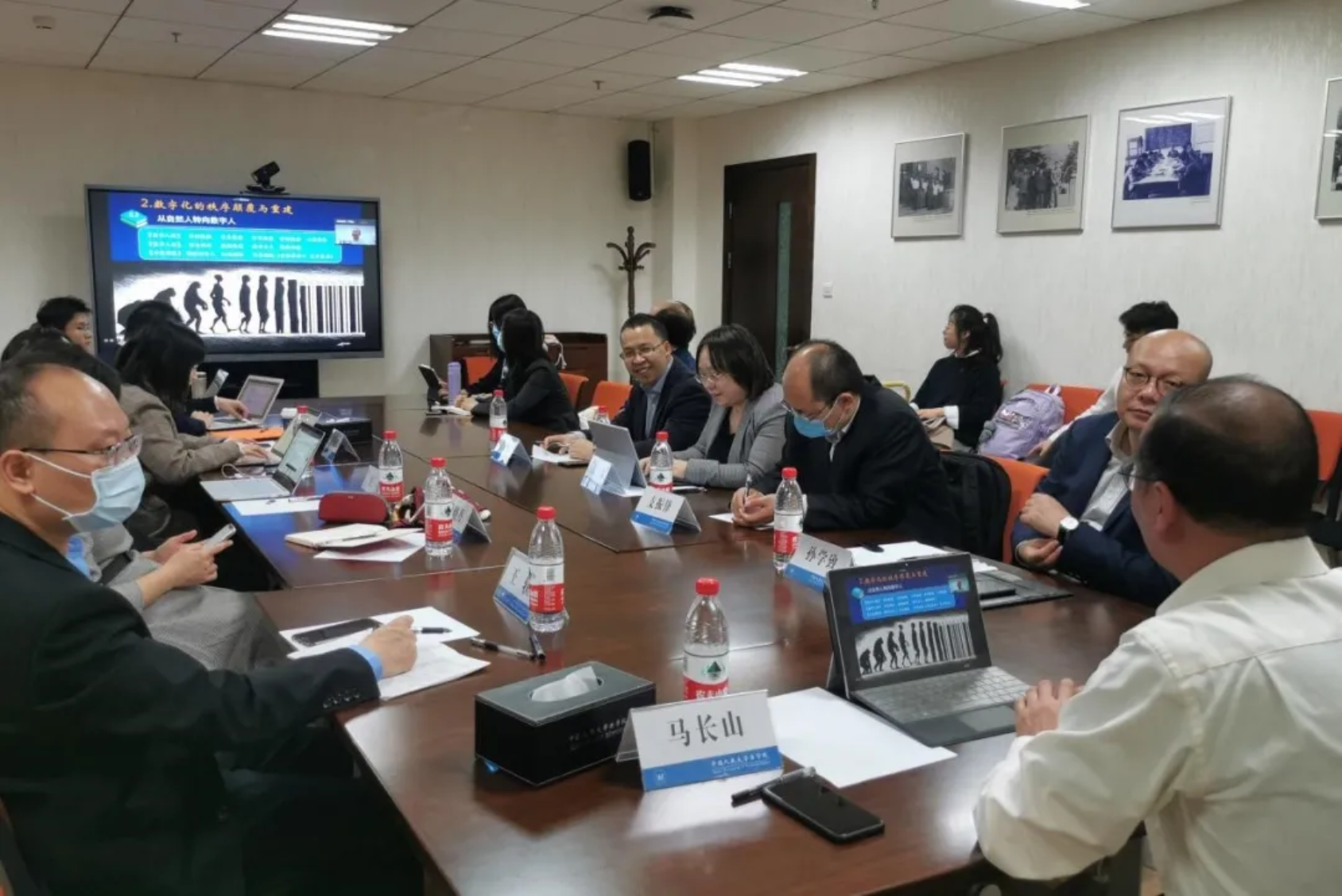
This lecture is the third in a series of lectures held by Law and Technology Institute of Renmin University of China in the fall semester of 2020 to celebrate the 70th anniversary of the Law School of Renmin University of China. Based on the analysis of the dilemma and crisis of modern rule of law, this paper probes deeply into the formation and development of digital rule of law. Professor Wang Yi, vice president and dean of the Law School of Renmin University of China, Zhi Zhenfeng, associate editor of Global Law Review, Institute of Law, Chinese Academy of Social Science, Professor Guo Chunzhen, vice president of the Law School of Xiamen University, Professor Sun Xuezhi, deputy director of the Law School of Jilin University, Associate Professor Wu Xiaodan, from Central University of Finance and Economics Law School, Associate Professor Zhang Jiyu, executive director of Law and Technology Institute of Renmin University of China, Associate Professor Wang Ying, deputy dean of Law and Technology Institute of Renmin University of China, Associate Professor Zheng Weihui, deputy dean of Law and Technology Institute of Renmin University of China, Associate Professor Zheng Weihui, researcher of Law and Technology Institute of Renmin University of China attended this lecture.
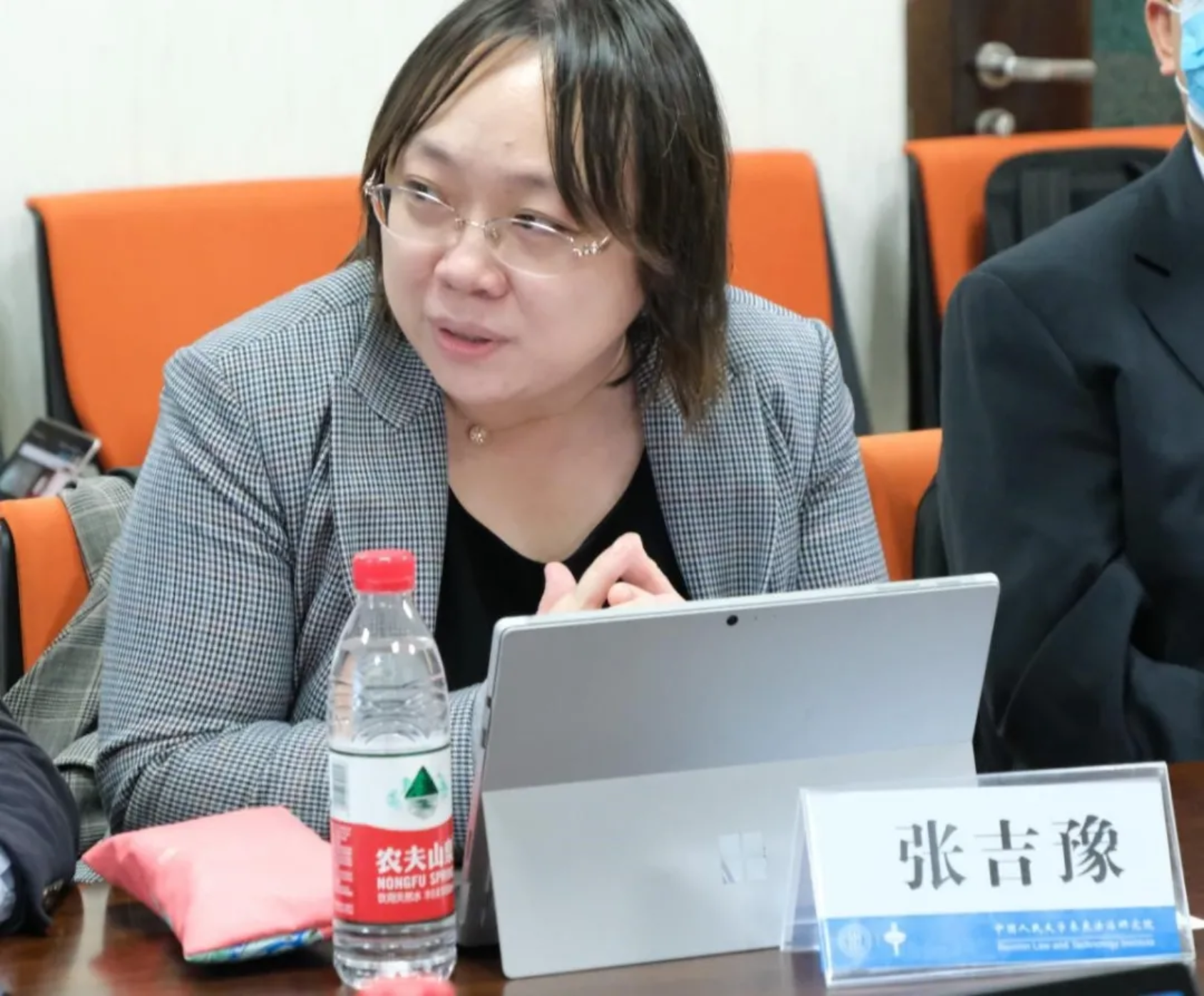
The meeting was chaired by Associate Professor Zhang Jiyu, executive director of Law and Technology Institute of Renmin University of China.
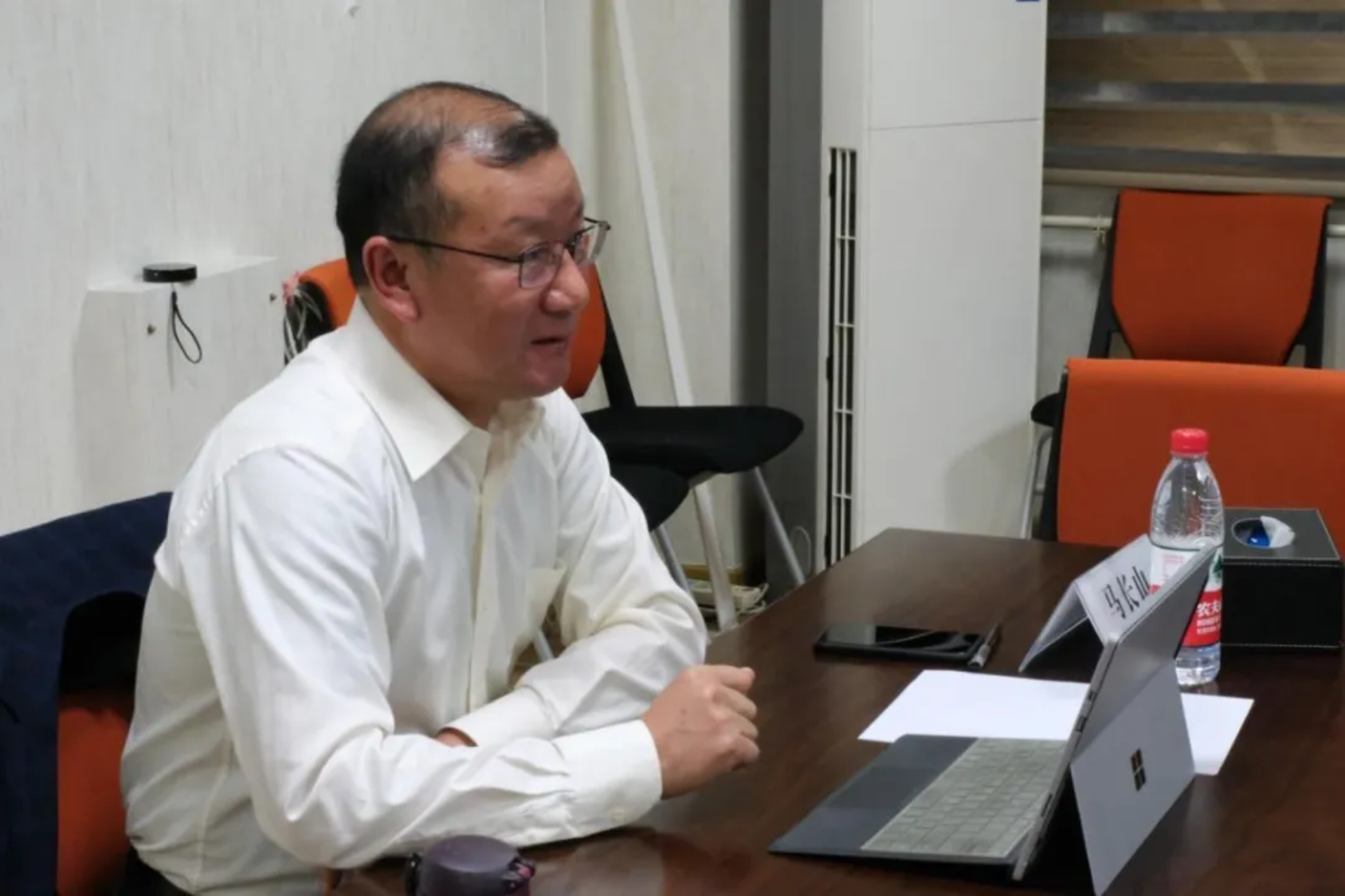
Professor Ma Changshan gave the keynote speech first. Starting from the physical time and space foundation of the modern rule of law, he analyzed the support of the physical elements and the historical process of the modern rule of law. Then there is an in-depth discussion of the challenges posed by the rule of law in today's digital age. He pointed out that the dual space of reality and virtual, the two attributes of human being's biology and digital, and the collaboration of human and machine are three major changes brought by the digital age. It has broken through the "physical wall" set by "God", brought profound challenges to the rule of law, and is facing the subversion and reconstruction of the digital order. This is mainly manifested in the following seven aspects: first, the dual structure of state/society (public power/private power) has gradually changed to the ternary structure of state/platform/society (public power/private power/private power). Second, he said to shift from legal empowerment to self-technological empowerment. The third is the transformation from simple natural person to complex digital person. Fourthly, he pointed out that the subject-object relationship between human and tools should be transformed into a partnership and cooperative relationship between human and agents. Fifth, information and data from the possession of exclusive to inclusive sharing. Sixth, from identity and contract relationship to data and control relationship; Seventh, from approaching justice to visible justice. Finally, Professor Ma Changshan pointed out that the modern rule of law is moving towards a brand new rule of law paradigm, and the digital rule of law form is gradually formed. The development prospect of digital rule of law mainly includes major changes and upgrading transformation in digital social justice, digital social relations, digital rights/rights, digital social behavior and digital social order. Although China lags behind in the development of modern rule of law, in the changing background of the digital age, there is an opportunity for "changing lanes" to catch up. We should actively explore an independent way of digital rule of law.
Associate Professor Zhang Jiyu, from Renmin University of China Law School, first of all thanked Professor Ma Changshan for his lecture.
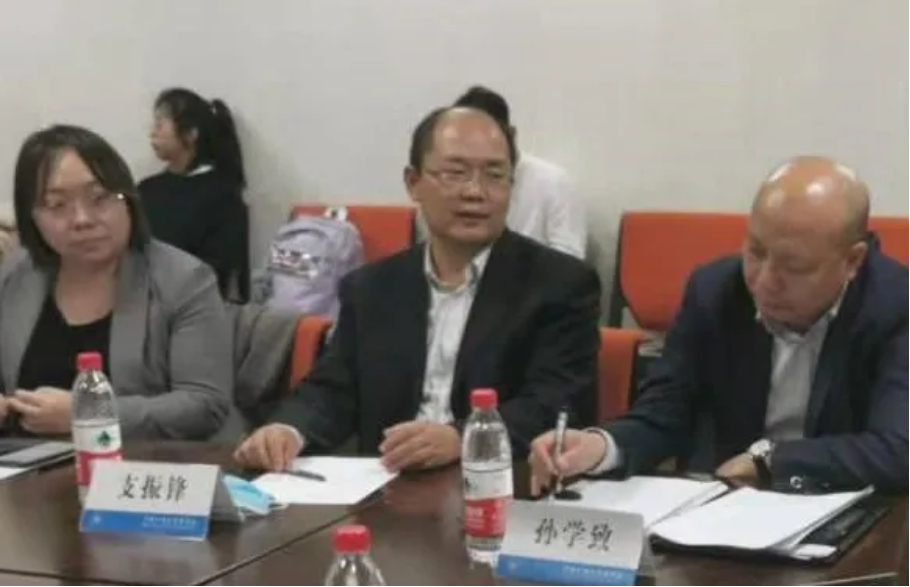
Research fellow Zhi Zhenfeng, deputy editor of Global Law Review, Institute of Law, Chinese Academy of Social Sciences, affirmed Ma Changshan's viewpoint and put forward the dual dilemma of China's rule of law based on the analysis of the current situation of the rule of law in the West and China. In the background of the information age, he said that modern society is faced with digital challenges.
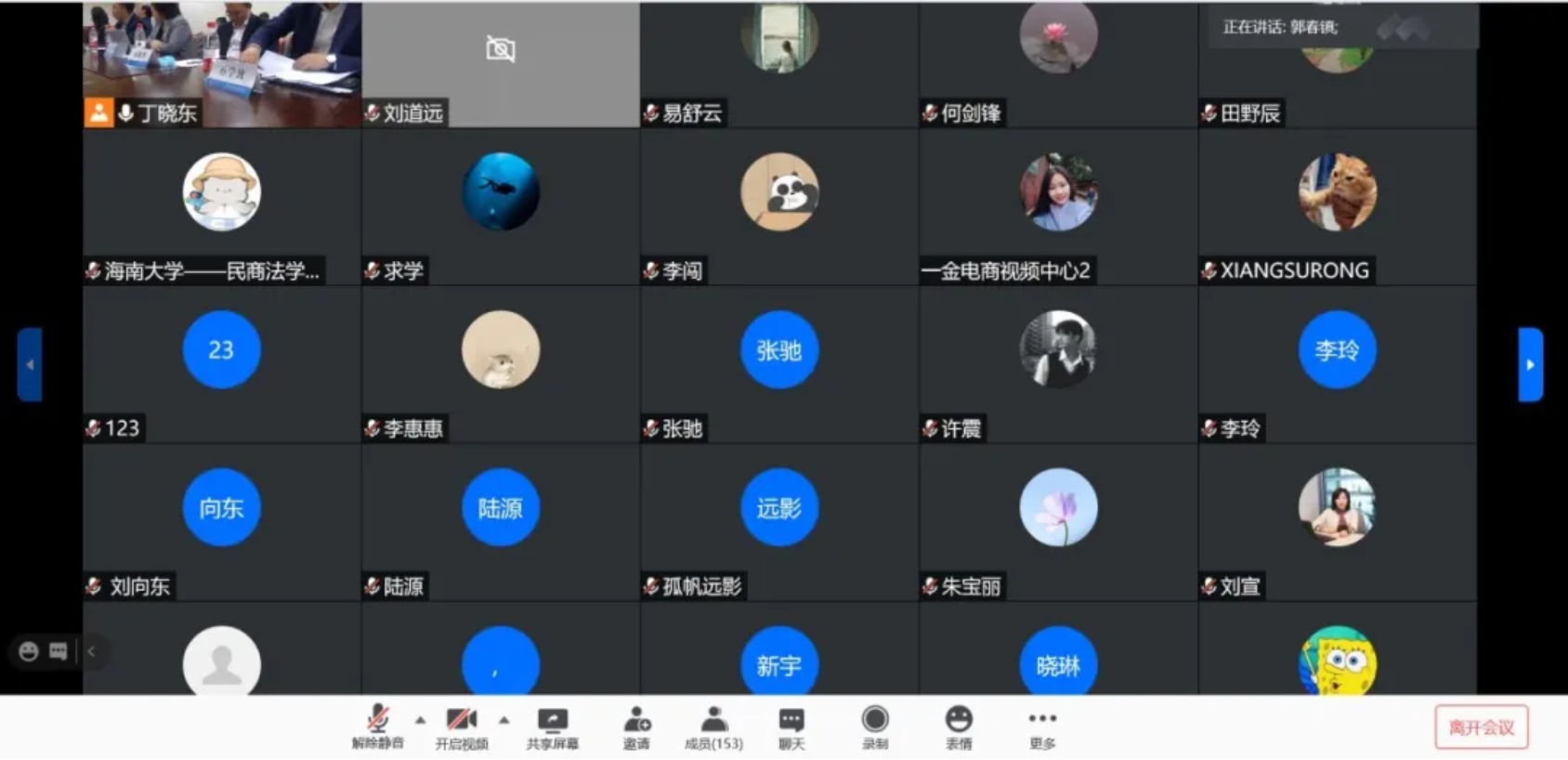
Professor Guo Chunzhen, vice dean of Law School of Xiamen University, made comments on user portrait and digital rule of law positioning through online communication. He believed that the connection between digital rule of law and traditional rule of law should be embodied in an embedded development, rather than a direct subversion and reconstruction.
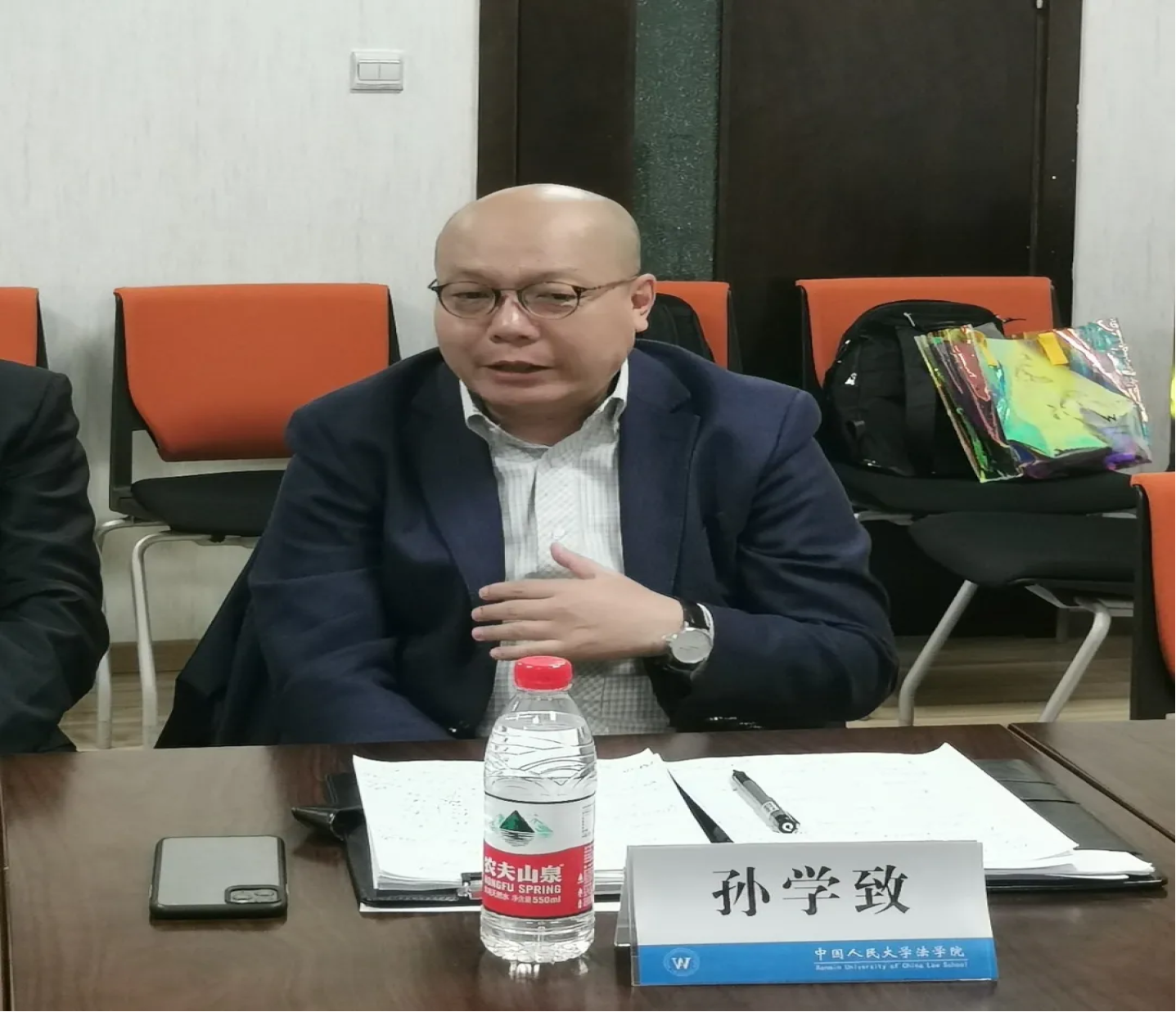
Professor Sun Xuezhi, deputy dean of Jilin University's law school, believed that the traditional logic of the rule of law should be exhausted before a new rule of law can be considered.
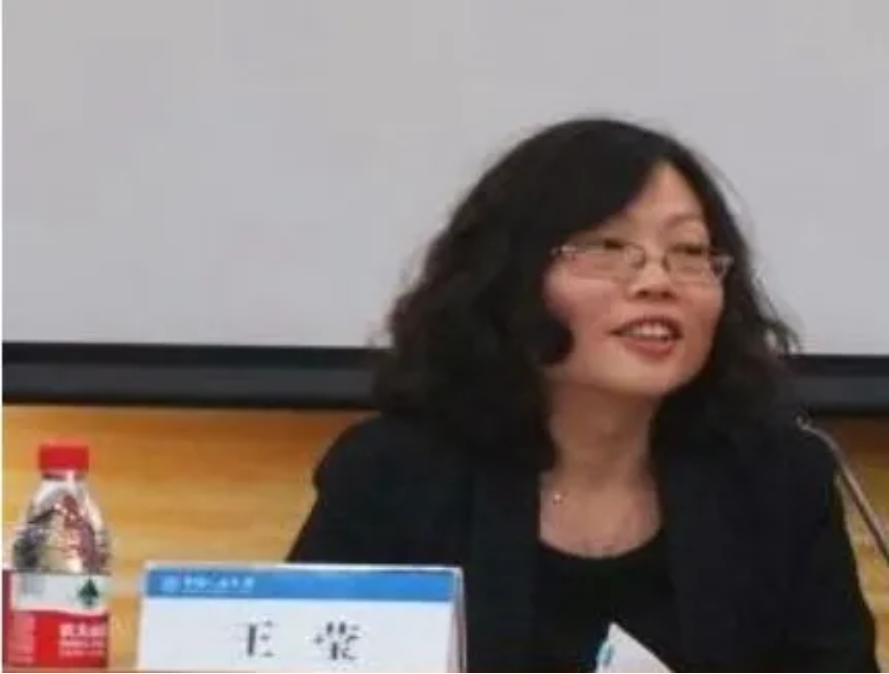
Associate Professor Wang Ying, deputy dean of Law and Technology Institute of Renmin University of China, believed that in the criminal law field, crimes involving man-machine cooperation can be adjusted by using traditional rules, such as the framework of joint crimes.

Wu Xiaodan, Associate Professor of Law School of Central University of Finance and Economics, made an in-depth discussion on the issue of AI weapons and national sovereignty from the perspective of international law.
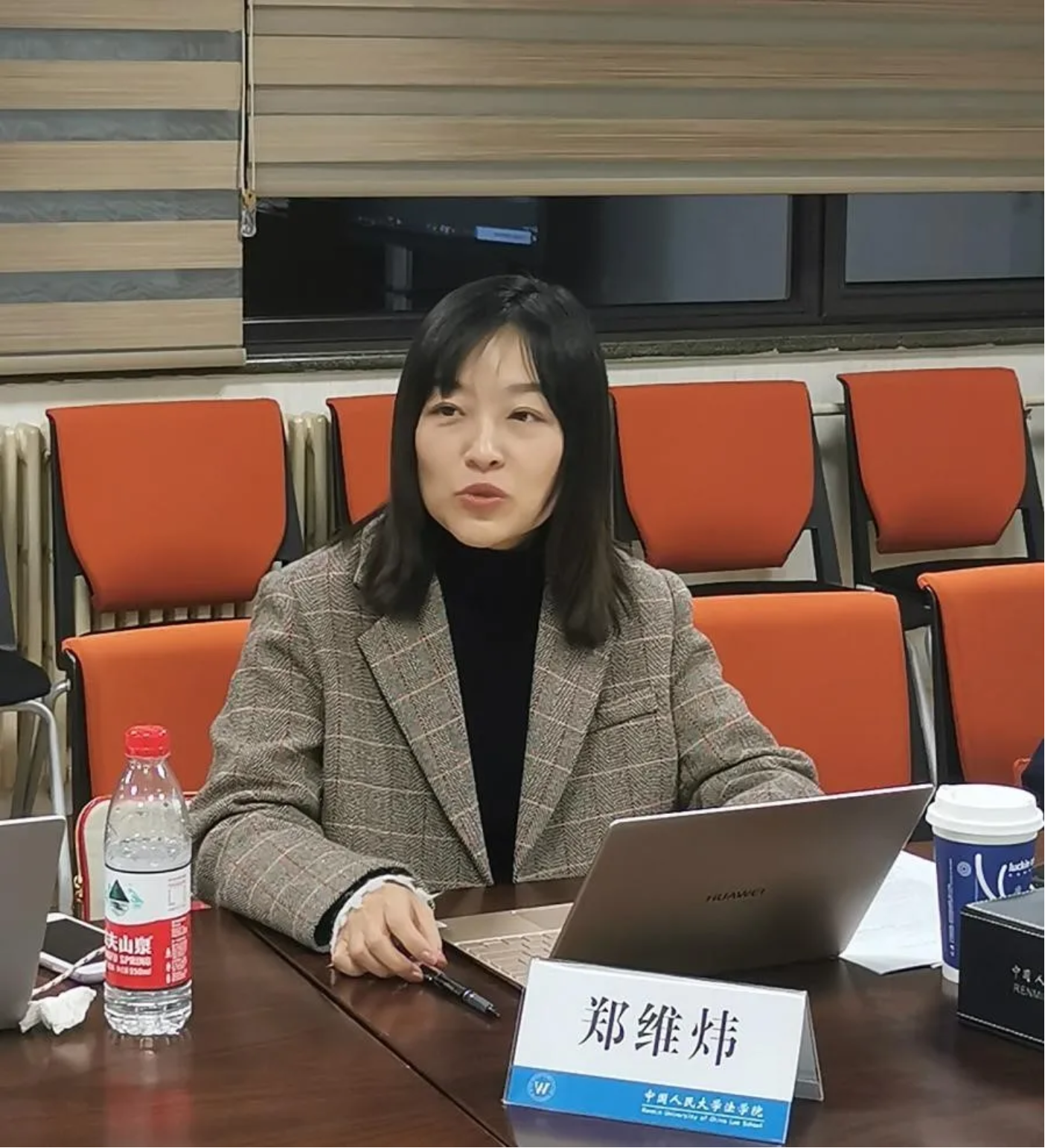
Professor Zheng Weiwei, researcher Law and Technology Institute of Renmin University of China, commented on the lecture from the perspective of pluralistic dispute resolution, and discussed the problems of visual justice and digital pluralistic dispute prevention and control.
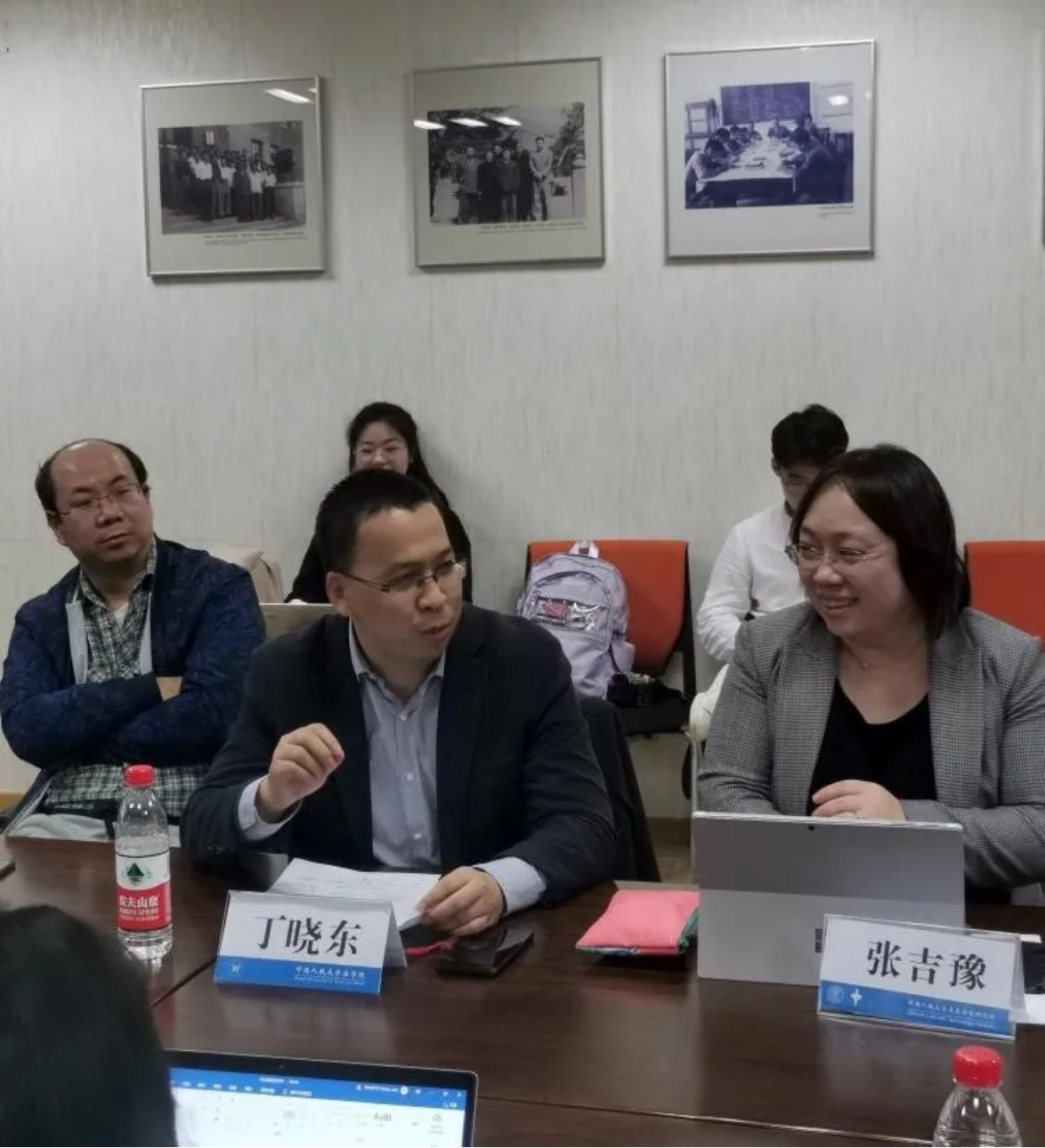
Associate professor Ding Xiaodong, vice dean of Law and Technology Institute of Renmin University of China, talked about the experience of learning professor ma changshan's wonderful lecture, and expressed his views on platform, data and algorithm.
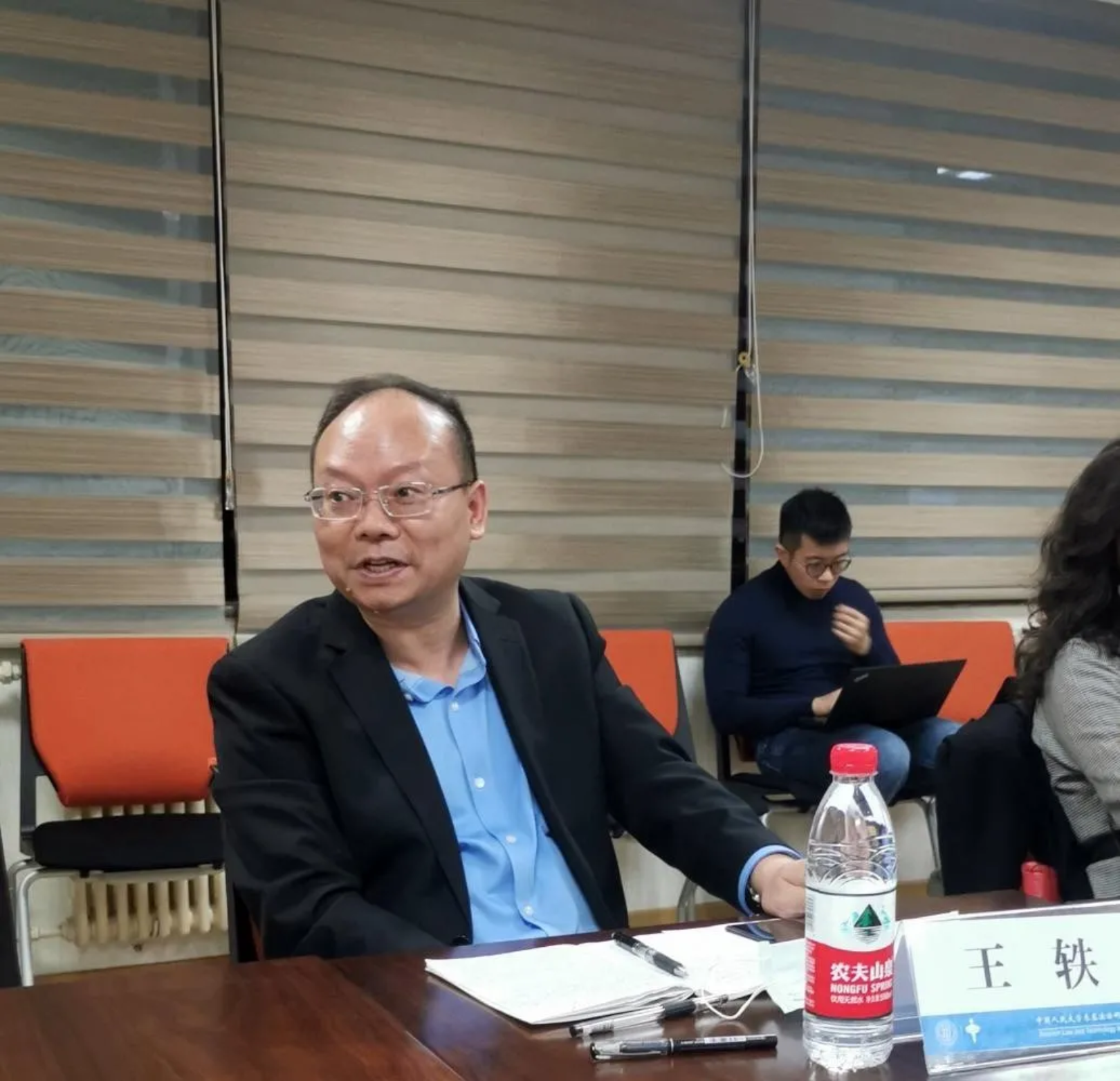
Professor Wang Yi, dean of Law school of Renmin University of China, vice President and as the last person to review on professor Ma Changshan speech gave high affirmation, he combined with the example of civil law, and pointed out that the change of science and technology revolution may be both technical, also may be of value. He said that we should be careful to distinguish between the future response of the rule of law to the technological revolution.
Finally, Professor Ma Changshan made a concluding speech on the positioning of the development of digital rule of law. In his opinion, digital rule of law is not a completely subversive replacement, but in essence an upgrading and upgrading reform and development, and legal theory and practice cannot completely abandon the tradition of physical space and rule of law. However, when the existing system and rule of law mechanism are difficult to contain and solve a large number of challenges and problems, we should look at and explore the new rule of law logic with the spirit of innovation.

Finally, after more than two hours of lecturing and discussion, the lecture came to a successful end in applause.

